सर्वधर्मान्परित्यज्य मामेकं शरणं व्रज। अहं त्वा सर्वपापेभ्यो मोक्षयिष्यामि मा शुचः।।Gita.18.66।।
( for Physics Classes send a Whatsapp Message. )
Whatsapp +91 9810269584 Email: iitmedical@gmail.com
Physics, Maths & Chemistry Classes
अभी भी कुछ नही बिगड़ा , Join Physics Classes Immediately.
12th Physics Videos 11th Physics Videos
12th Physics Videos 11th Physics Videos
08.05.2011 - By Dr Rajesh Verma
Best ways to study Physics
While Physics is a great subject, some students find it very difficult. Physics can be taught from several perspectives - through history, applications, problems, theory, examples, laboratory experiments, simulations, etc. Physics is the subject which can be related to almost real life practical situations. Physics is the most fundamental of all sciences. It is really creative and prompts you to think. The subject is not dry at all as it is related to almost everything in this universe. A teacher can teach the subject using plenty of real life examples and he has ample opportunity to make learners think and find answers.

For 100% Understanding of physics, Immediately Contact Dr Rajesh Verma at Whatsapp +91 9810269584
Physis is the study of the physical world coupled with time through mathametics propelled by curiosity. The three things, the physical world, time and mathematics, quadropled with imagination - the feeding power of curiosity, are therefore key ingredients in studying physics for some one to become a physicist. Physics has different attracting and enticing physical phenomena, like starts, motion, space and time, galaxies, gravity, etc which steer curiosities.
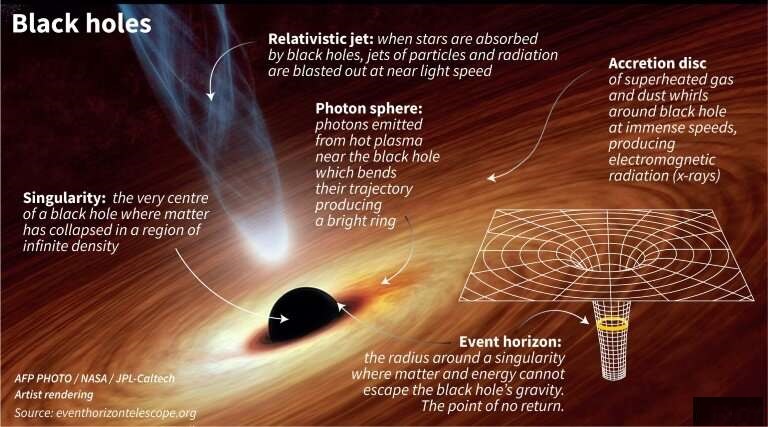
For 100% Understanding of physics, Immediately Contact Dr Rajesh Verma at Whatsapp +91 9810269584
Focusing 'Physics of everyday life' can attract young students’ interest for Physics. If students like and excel in physics at school level, specifically at 10+2 level, then physics will be a lovable subject for further studies. School teachers and school teaching makes a difference!
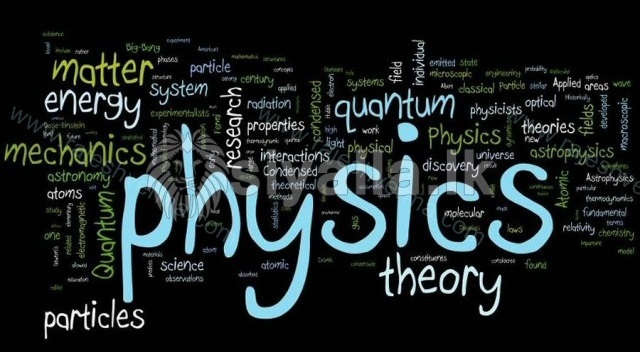
For 100% Understanding of physics, Immediately Contact Dr Rajesh Verma at Whatsapp +91 9810269584
Society does not need so many physicists. Thus, majority will study physics just for the grade. It is useless to excite students who did not choose physics as their profession since the majority of them believe that they know better what is good and what is bad for them...(experimental fact!) . Those who choose physics as their profession will be inspired only if there will be regular lectures by established physicists. I had experienced myself the thrill of listening the most recent research presentations when I was a PhD student at the University of Chicago. We had seminars almost every week. This left on me impressions lasting till this day.
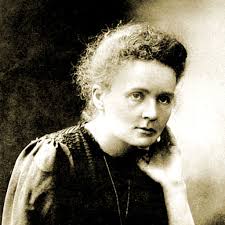
For 100% Understanding of physics, Immediately Contact Dr Rajesh Verma at Whatsapp +91 9810269584
A large fraction of the learning in most good science courses happens outside of the classroom, and this outside-of-classroom learning is only indirectly affected by class size. So the uses of research and technology makes classes more intellectually engaging and educationally effective often have the most obvious gains for large lecture courses and demonstrations achieving very good learning gains.
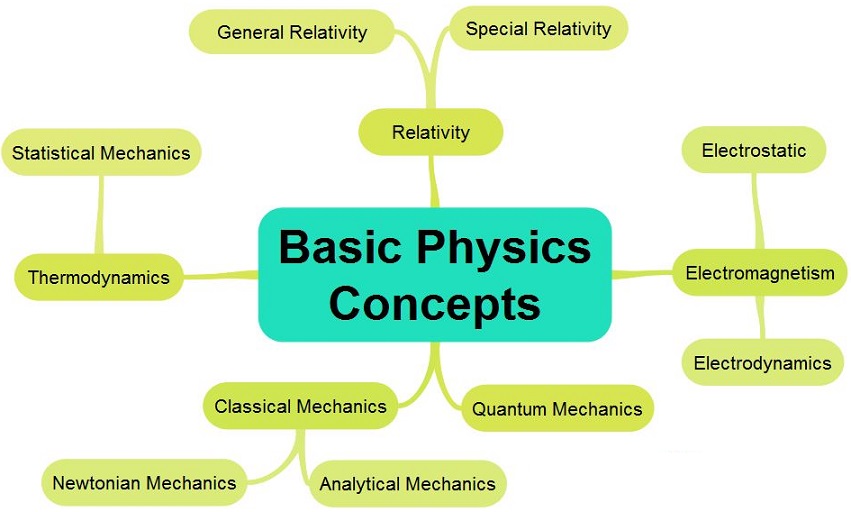
For 100% Understanding of physics, Immediately Contact Dr Rajesh Verma at Whatsapp +91 9810269584
As in any human activity we search for creativity. Physics has to meet this basic need for humans or the youngsters will find other activities.
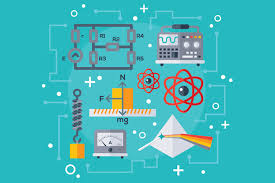
For 100% Understanding of physics, Immediately Contact Dr Rajesh Verma at Whatsapp +91 9810269584
Latest
Techniques To Improve Your Memory To Study Physics27.05.2016
How To Study Physics
26.05.2016
Helplines For Physics Chemistry Maths Biology Computers
24.05.2016
What Are Dimensions And Dimensional Analysis
24.07.2006
Notes On Electrostatic Potential And Capacitance
23.07.2006
Numericals On SONAR To Find Distance Parallax Method To Find Distance LASER To Find Distance
22.07.2006
Parallax Method Measuring Distance Of Nearby Star Far Away Star Star At The End Of The Universe
21.07.2006
Measurement Of Large Distances Measuring Diameter Of The Moon LASER RADAR SONAR
20.07.2006
Gauss Theorem In Electrostatics Proof And Its Requirement.
19.07.2006
The Concept Of Electric Flux In Electrostatics
18.07.2006
The Concept Of Solid Angle And It's Applications In Physics
17.07.2006
To Check The Accuracy Of An Equation Dimensionally
16.07.2006
Coulomb's Law In Electrostatics
15.07.2006
See All Posts in "Latest"
News
Students Must Sleep Adequately And Properly25.04.2019
A Student Reproduces Thousands Of Black Holes Digitally In A Computer Simulation
10.01.2019
A Student Reproduces Thousands Of Black Holes Digitally In A Computer Simulation Copy
10.01.2019
Our Conscious Attitudes Differ From Those That Reside In Our Subconscious Mind
22.06.2016